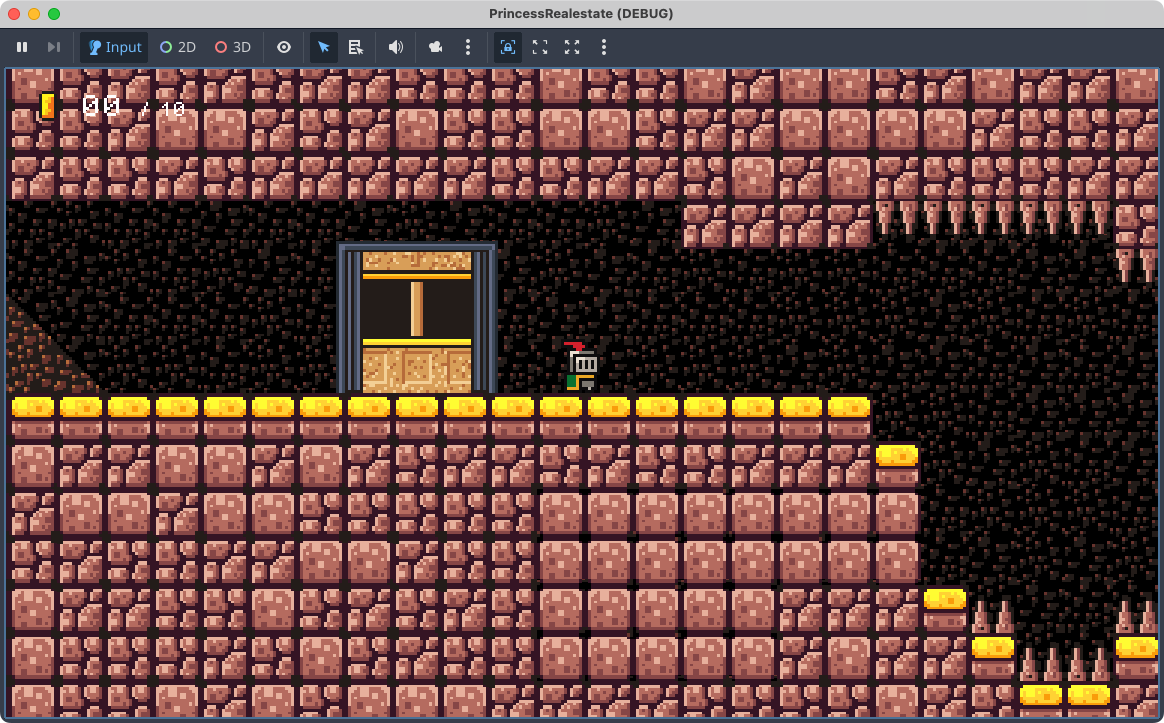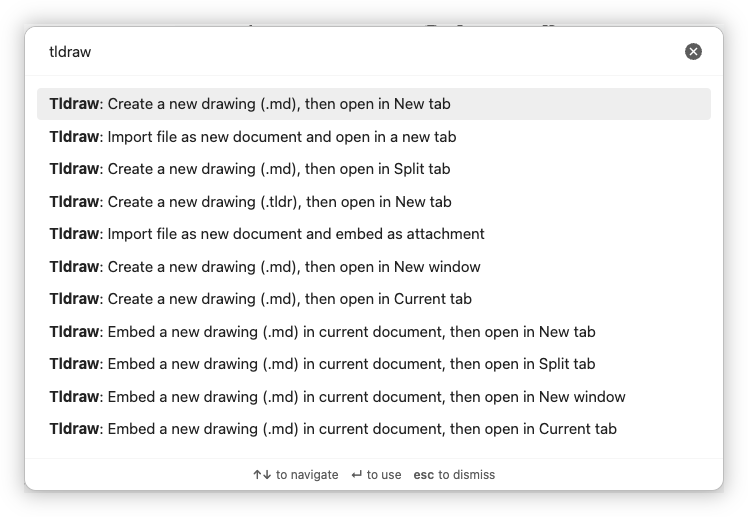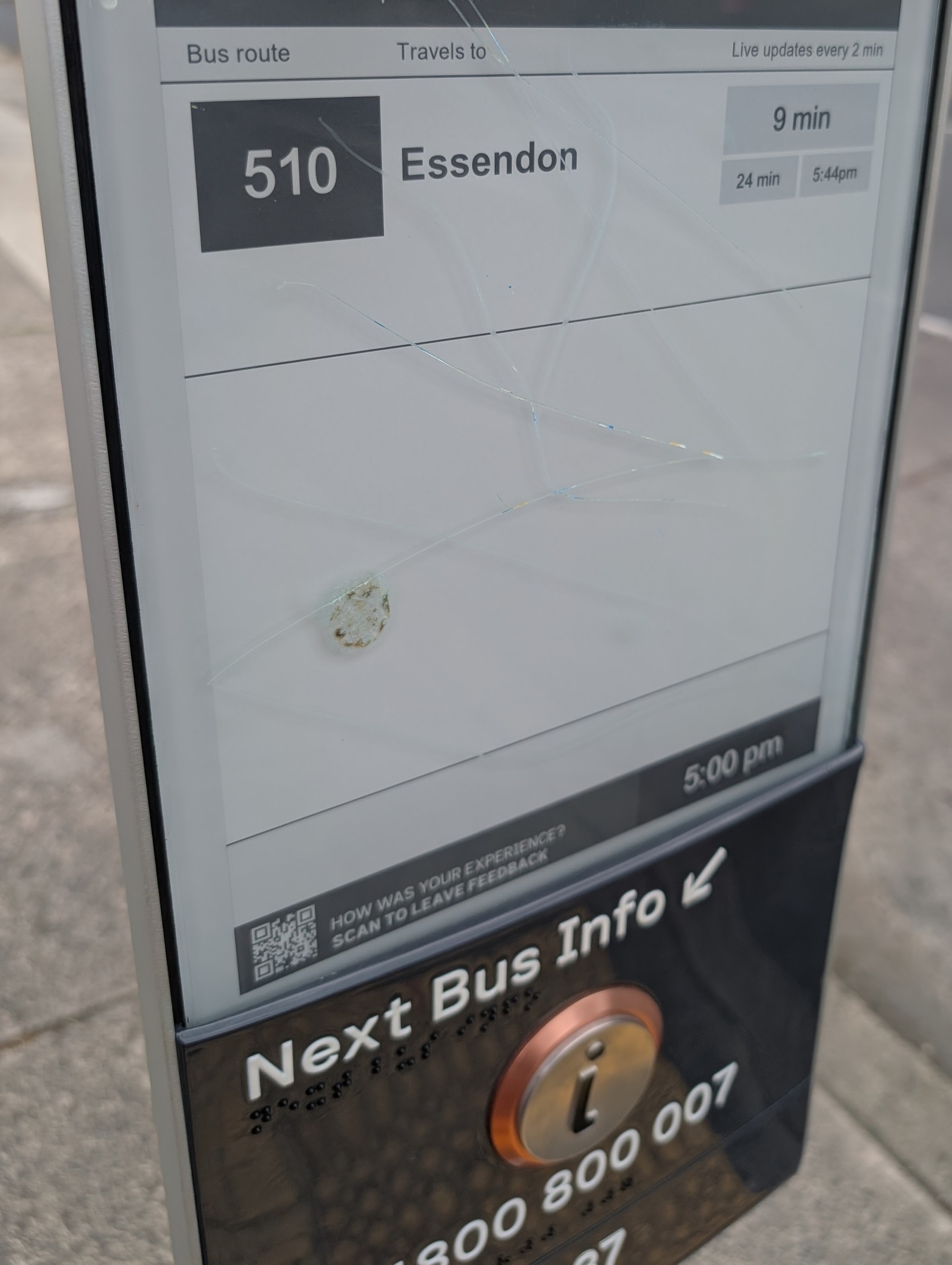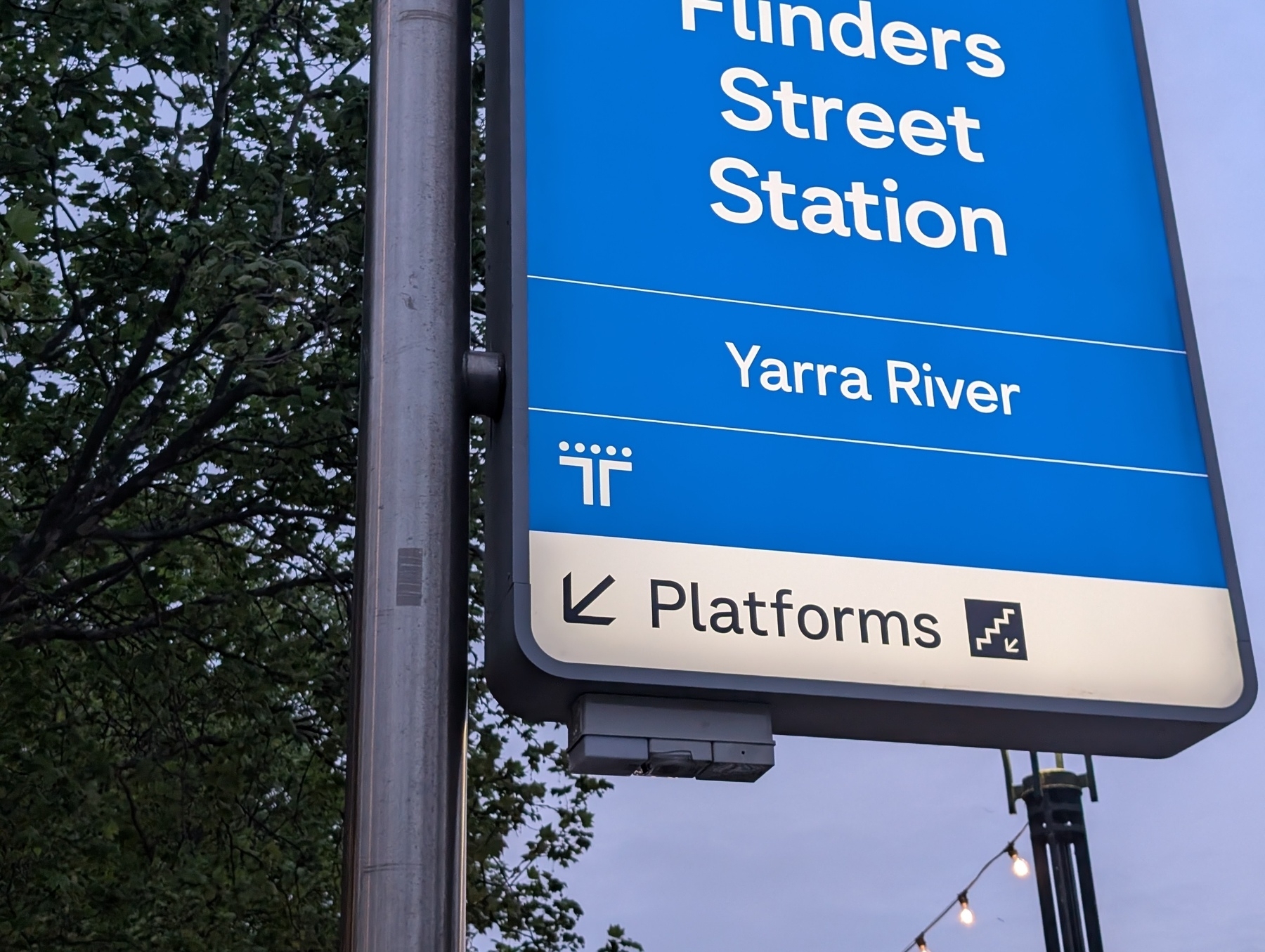-
I’ve been using ChatGPT Pulse for a couple of weeks now; often enough to be asked to fill in a user survey, which I took the opportunity to answer. Here’s my response to what can be done to make Pulse better:
Please make Pulse available via RSS/Atom. I find the information that Pulse produces to be useful, but I tend to not see it most days as I do most of my online reading via an RSS reader. Being able to read this in an RSS reader would be extremely useful to me.
Yes, ’tis true. Pulse is quite good, but can be so much better if I’m able to read it alongside my other feeds.
-
A small devlog entry today. Just painting the level, adding background tiles and kill-zones. I also added a frame around the lift door, just to define it a little. Discovered that it’s probably best not to have sprites with non-even dimensions. It makes positioning them a little awkward, resulting in fractional offsets. I elected to include a transparent row at the top of the frame sprite, just to avoid this.

-
Some follow-up to my post about deleting URL suggestions from Vivaldi’s URL bar: I did a quick search, and it looks to be possible:
- Bring up the bad suggestion in the URL bar.
- Press Shift+Delete.
Tried it on my dodgy URL and it seems to work. Suggestion doesn’t need to be in History either.
-
I wish there was a way to get Vivaldi to “forget” a URL I entered in the past, or recognise that a URL that never actually resolved is not worth remembering. I mistyped a URL once, and now it shows up as the first choice when I want to visit a site.
-
Went to a local art exhibition over the weekend. There was a striking watercolour of a peacock that I was interested in. I said to myself “I’ll come back Sunday afternoon to buy it” but I completely forgot. Although, casting my mind back, it may have already been sold.
-
📘 Devlog
Godot Game - A Trigger That Reveals Secrets
A new mechanic has been developed to reveal hidden areas in a game when players approach, using an
Area2Dnode that fades tile layers in and out for a smoother experience. Continue reading → -
There was talk of journalling in the Hemispheric View’s Discord and it got me curious about Apple Journals. When that first came out it was iPhone only, and I was unable to try it out. But they’ve since included it on iPadOS with the iOS 26 release. So I booted it up and to a quick look.
If I had to choose one must-have for a Journalling app, its exports. A journalling app must support exporting your posts to an open format, preferably one that is readable within a text editor. Apps come and go, but if what you’re writing is to last decades, you’d want a format that’ll outlive them all.
This was a sticking point with Apple’s release of Journals, but it looks like they’ve addressed that. You can export your journal as HTML documents, even on iPad. I’d prefer Markdown myself but HTML is still an open standard that is readable in any text editor so it’s a decent choice. Granted, I only exported one journal with one post and zero images, so I can’t tell you the limits of these exports, but it looks promising.
So would I use it if I wasn’t journalling already? I’d probably say I would, if I had an iPhone. Exporting is still something you need to remember to do manually, so I probably would’ve moved to something like Obisidan eventually: they work on an open format natively. But I wouldn’t have dismissed Apple’s Journalling app.
-
📘 Devlog
Godot Game - More on Level 3-1
Placing the exit and adding an invulnerability power-up. Continue reading →
-
From the archives:
“Hark! Is that the sound of singing angles, I hear?”
“No, it’s just a Hyundai EV reversing.”
There’ve been quite a few people playing music through their phones’ loudspeaker this morning, so I thought this was another instance of that. But no: electric car reversing.
-
Part of me is wondering whether I should move my Devlog posts to another blog. I like writing them, but I can’t imagine most entries being more interesting than “did this, went okay.” And I feel like they’re overwealming this blog in a way. No decision made yet, just waffling in public.
-
Some advice for the TLDraw Obsidian plugin maintainer: drop everything after the words “and” and “then” in these menu items, then remove duplicates. This should bring the menu items down to a number that’s easy to scan. I can manipulate tabs myself, but finding what I want here is a lot.

-
📘 Devlog
Godot Game - More On Level 3-1
Continuing level 3-1, plus adding some more elements to stop long falls. Continue reading →
-
Enjoy getting power bills and seeing a credit thanks to my solar panels. Really happy I got those installed. ☀️
-
Okay, up go SPF shields. After seeing spam emails impersonating my domain, I’ve checked my SPF settings and discovered they were pretty lenient:
v=spf1 include:example.com ?allWell, no more. If the email is not from Fastmail, it gets blocked:
v=spf1 include:example.com -all -
📘 Devlog
Godot Game - More On Level 3-1
Continuing the build out of the new zone for level 3-1, plus implement a new variant of the balloon with mine entity. Continue reading →
-
I’m a little surprised I haven’t seen this sooner. Paper-looking sign with dynamic information on it? I think this is an eInk display. If so, it’s the first time I’ve seen it used this way.

-
Looks like I’ve already written more posts this year than I have last year — 846 vs 843 — and there’s still two and a bit more months left. Not that this is a goal, but I’m wondering if I’ll hit 1,000 posts just in this year.
-
📘 Devlog
Godot Game - The Back Third of Level 3-1
Redoing the back third of level 3-1 to be a closer match to the front third. Continue reading →
-
Interesting that given a bag containing both a laptop and a 1 litre water bottle, it’s the water bottle, not the laptop, that determines whether the bag is heavy or not (based on how much water it contains).
-
📘 Devlog
Blogging Tools - Podcast Clip Favourites
Finishing off the favourite podcast clips feature. Continue reading →
-
Quick tip for anyone using TLDraw: if you want to export part of a diagram rather than the whole page, select the objects you want to export, then in the menu select “Edit → Export as → PNG (or whatever)”. Useful for those that are keeping multiple diagrams on a single page.
-
It’s so easy to remember the times you wish you did something, verses doing something that turned out right. Such is the human condition, I suppose. Well, this is one of those times I wish I did something. Should’ve listened to my instincts at the time. And now I have to fix it. 🤦♂️
-
Speaking of logos for government agencies, it looks like the State Electricity Service is coming back in some capacity, complete with its original logo. I haven’t seen the SES logo since the ’90s.

-
Now that PTV and VicRoads are being merged into a single department, new signage with the Transport Victoria logo is starting to appear. Can’t say I’m loving it right now, but it took a while for me to like the PTV logo, and now I’ll be sad to see it go (if it does go).

-
📘 Devlog
Blogging Tools - Podcast Clip Favourites
Working on saving podcast clips from Blogging Tools into a Hugo site, done in the “lab notes” running commentary approach. Continue reading →